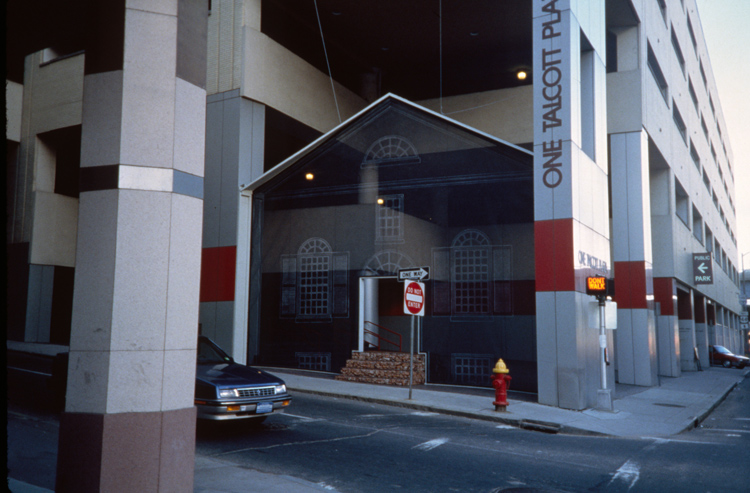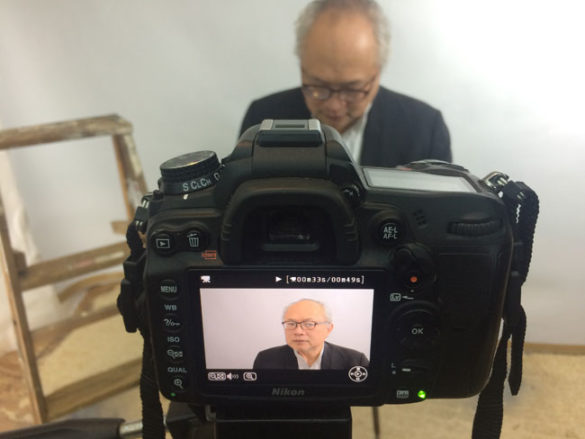
Visionary conceptual and visual artist Mel Chin will be honored by Vanderbilt’s Peabody College of education and human development with the 2017 Distinguished Alumnus Award during Commencement May 12.
Chin graduated from Peabody with a bachelor of arts in 1975. He was born in Houston, Texas, in 1951, and was reared in the African American and Latino neighborhood known as the Fifth Ward.
Chin’s art is inspired by political and social dilemmas, provoking discussion and evading easy classification. As a sculptor, he has pioneered new forms of environmental art by addressing issues of habitat devastation, restoration and sustaining the planet’s biodiversity. His pieces are installed in unlikely places, from destroyed homes and toxic landfills to the set of the popular television show “Melrose Place.”
“Mel Chin’s conceptual art erases the boundaries between art and activism, aesthetics and the environment, and the individual artist and his or her community,” said Camilla Benbow, Patricia and Rodes Hart Dean of Education and Human Development at Peabody. “Scientific and ecological themes and a concern for the well-being of others imbue his work with an educational sensibility that makes him richly deserving of Peabody’s highest alumni award.”

Chin uses his art to challenge the idea of the artist as the exclusive creative force behind an artwork. Known for using multi-disciplinary, collaborative teamwork, he has enlisted entire neighborhoods and groups of students to create art that promotes community and social change. “The survival of my own ideas may not be as important as a condition I might create for others’ ideas to be realized,” he said.
In Revival Field, Chin worked with scientists to create gardens of hyperaccumulators (plants that can draw high levels of heavy metals from contaminated areas) in a landfill in St. Paul, Minnesota. In the Fundred Dollar Bill Project, he partnered with teachers and students to create their own currency for a national art installation that sheds light on the deadly threat of lead poisoning. He has shared his talents by mentoring young artists at The Cooper Union, Corcoran School of Arts and Design at George Washington University, University of Georgia, Stanford University, East Tennessee State University and the University of Michigan, among others.

His 24-minute short film, 9-11/9-11, a hand-drawn, joint Chilean/USA production, won the prestigious Pedro Sienna Award for Best Animation from Chile’s National Council for the Arts and Cultures in 2007.
“Peabody provided me with a few instructors who encouraged my creativity,” Chin said. “They witnessed my eccentric, youthful behavior—leaping from one medium to another—and saw it not as something that needed discipline but as a search for multiple means of expression that craved expansion.”

Chin’s work has been documented in the 2016 PBS series, Art in the Twenty-First Century. In April 2018, he will have a major survey exhibition at Queens Museum while concurrently presenting multiple installations throughout New York City.

Twice a National Endowment for the Arts Fellow, he has received many awards and grants from organizations such as the New York State Council for the Arts, Art Matters, Creative Capital, as well as the Penny McCall, Pollock/Krasner, Joan Mitchell, Rockefeller and Louis Comfort Tiffany foundations, among others.
Chin lives in North Carolina with his wife, Helen Nagge, who graduated from Peabody in 1976.
—Jane Sevier